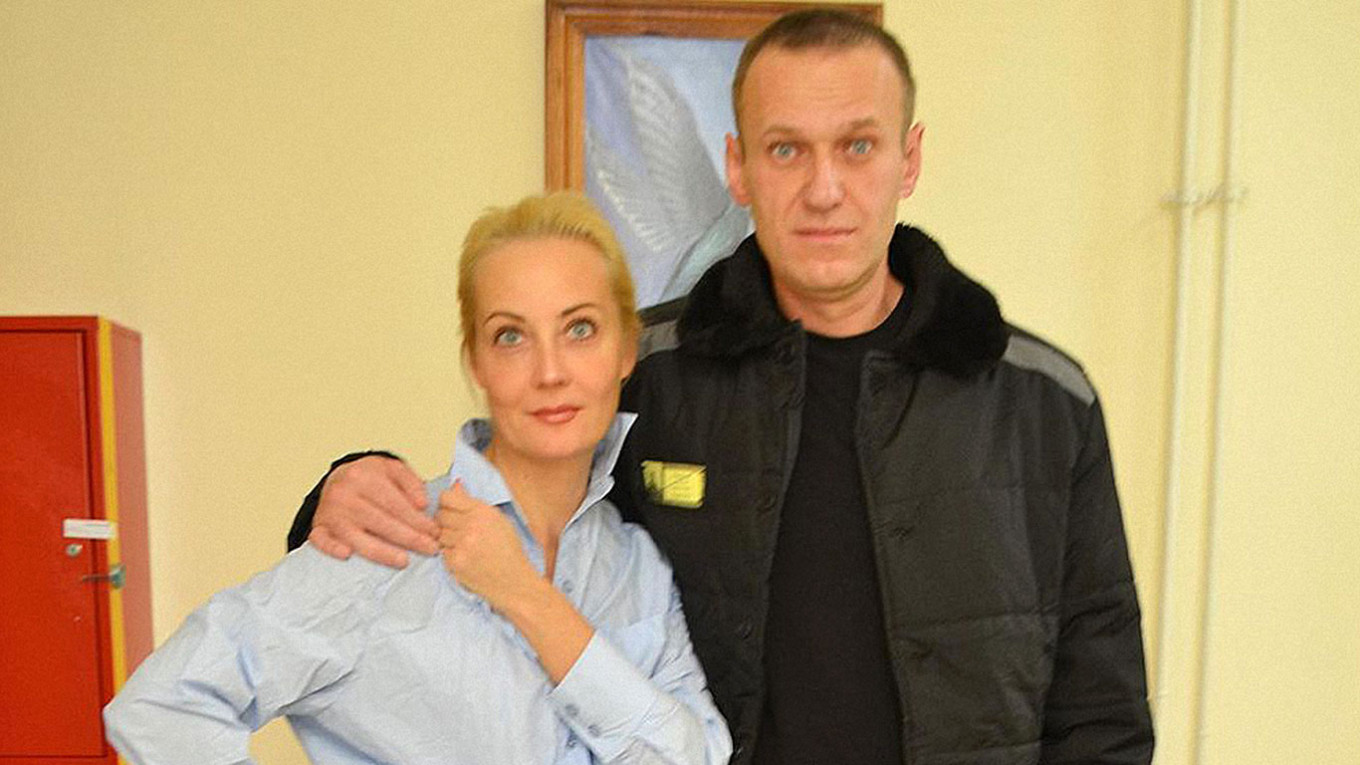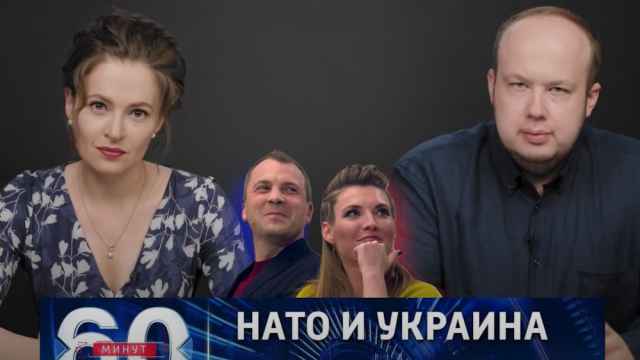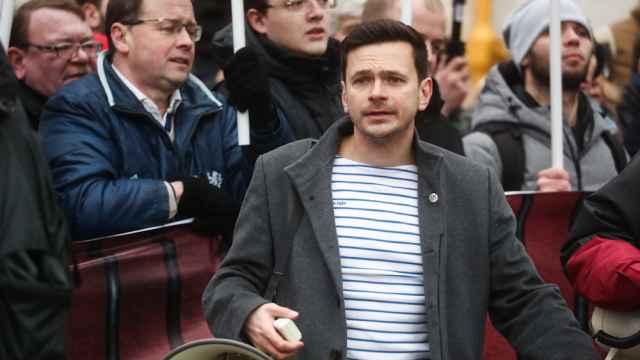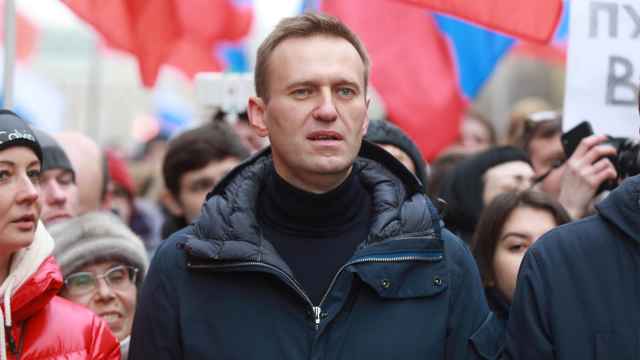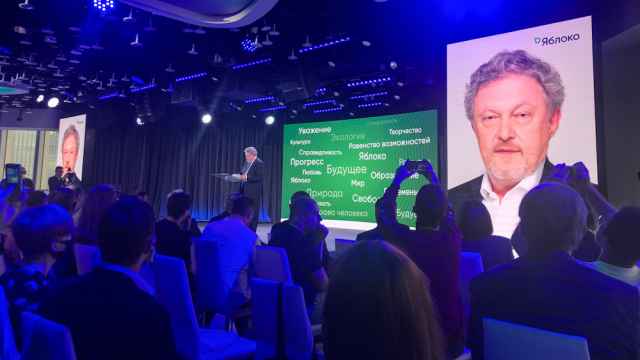Jailed Kremlin critic Alexei Navalny said Monday he does not regret choosing to return to Russia on year ago despite his immediate arrest and the harsh crackdown on his movement that followed.
Navalny said his Jan. 17, 2021, detention on old fraud charges at Moscow’s Sheremetyevo Airport prevented him from “taking a single step in my country as a free person.”
The fierce Putin foe described his efforts to uncover high-level corruption and win domestic support as part of a “tug of war” between “bravery and fear.”
“I tried as hard as I could to pull my end of the rope, pulling over to my side those who are honest and no longer afraid,” Navalny wrote in an Instagram post from prison.
“I don’t regret it for a second,” he said.
The 45-year-old opposition leader touched down in Moscow last year after spending months in Germany recovering from a near-fatal poisoning with what Western scientists identified as the banned Soviet-designed nerve agent Novichok.
Navalny blames his poisoning in Siberia on the Kremlin, which denies involvement and questions whether the Aug. 20, 2021, incident took place at all. Investigative journalists have linked Navalny’s poisoning to Russia’s Federal Security Service (FSB).
He is now serving a 2.5-year prison sentence in a penal colony on charges of violating a 2014 suspended sentence by skipping check-ins with Russia’s prison service while recovering in Germany.
Navalny’s January 2021 arrest was followed by a sweeping crackdown on his political and activist groups, with a court ruling formally outlawing them as “extremist” in June.
In Monday’s Instagram post, Navalny said he was informed that he will go to court next week in one of several additional criminal cases opened against him.
“There’s another one next where I’m an extremist and a terrorist,” he wrote. “I don't know at all when my… journey will end or whether it will end at all.”
A court on Monday turned down one appeal Navalny had brought against authorities over his treatment in the penal colony and postponed another.
Navalny appeared in court via video link, sitting behind bars in a prison uniform before the Petushki district court in the Vladimir region where he is being held.
The cases heard on Monday concerned his prison salary and his designation as prone to "extremism," which news agencies said the court would revisit in three months.
AFP contributed reporting.
A Message from The Moscow Times:
Dear readers,
We are facing unprecedented challenges. Russia's Prosecutor General's Office has designated The Moscow Times as an "undesirable" organization, criminalizing our work and putting our staff at risk of prosecution. This follows our earlier unjust labeling as a "foreign agent."
These actions are direct attempts to silence independent journalism in Russia. The authorities claim our work "discredits the decisions of the Russian leadership." We see things differently: we strive to provide accurate, unbiased reporting on Russia.
We, the journalists of The Moscow Times, refuse to be silenced. But to continue our work, we need your help.
Your support, no matter how small, makes a world of difference. If you can, please support us monthly starting from just $2. It's quick to set up, and every contribution makes a significant impact.
By supporting The Moscow Times, you're defending open, independent journalism in the face of repression. Thank you for standing with us.
Remind me later.


